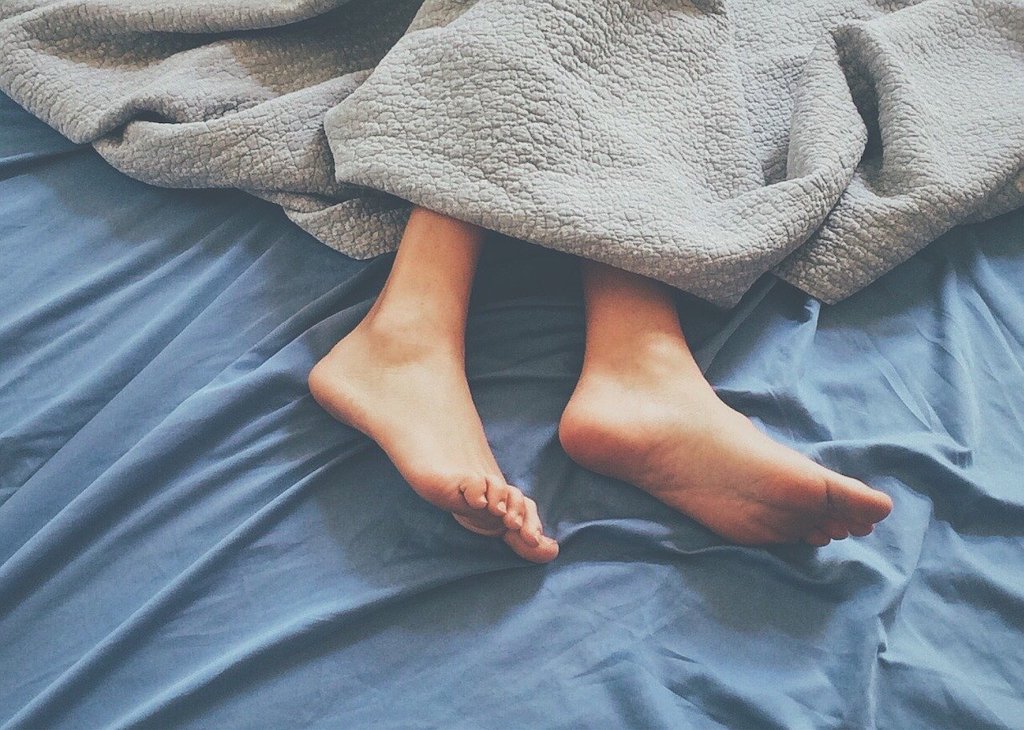Your Cart is Empty

Are you someone that suffers from night sweats? Or if it isn’t you, do you know someone that is suffering from night sweats?
Unfortunately, it is something that can be difficult to overcome depending on the circumstance. There are cases when it is simply a matter of the body’s temperature being too high due to environmental reasons, such as the climate, temperature, wearing too many clothes, or sleeping with the wrong bedding.
In other cases, the issues are medical and occur because in response to the body’s biological behaviour.
Quickzip isn’t able to provide a medical solution to overcome night sweats. However, we believe that providing guidance on bedding can help you have a more comfortable night’s sleep so that you will be able to wake up feeling more fresh.
We also want to help people suffering from night sweats to make dealing with night sweats easier. Since we know that you will be changing your bed sheets regularly, we’ve recommended ‘easy to change and wash bed sheets’ that you can use.
Night sweats occur when a person experiences repeated drenching perspiration in the middle of the night (that is also likely to wake the person or force them to sleep restlessly) [1].
Although night sweats can occur from a person’s environmental surroundings, the more serious night sweat experiences occur from medical issues. According to Medical News Today, a wide variety of conditions contributing to night sweats include:
[2]
Beyond medical treatment, getting relief from night sweats may come down to promoting a comfortable, relaxing sleep environment. The Sleep Doctor Dr. Michael Breus, PhD recommends that we consider all five senses in creating the perfect sleeping space:
Limit internal and external light in the room. Changes in light trigger your sleep cycle, and associated hormone, including melatonin, known as the sleep hormone.
Limit blue light from electronic screens
This short-wavelength light can delay the release of melatonin (sleepfoundation.org)
Bright colors (e.g. red) can be stimulating to your brain and toned down, muted colors more restful. Click here to download our Feng Shui guide.
Maintain a quiet environment. Test out earplugs, white noise machines or calming music; even decor can help muffle sounds.
Like color, scents can be stimulating or calming. Consider the air quality of your sleep space. Freshen it up with open windows or an air filter, and try aromatherapy.
For example, lavender is known to promote sleep and can be used in the bedroom through essential oils, sachets, and plants.
What and when we eat affects our sleep. Avoid having your body digest large amounts of food while you are sleeping. And make sure you consume a healthy diet that will allow your body to relax while you sleep. [4, 5, 6]
Slip into the perfect bedding every night. Start by getting comfortable sheets.
Cotton is the best because it is breathable and cool. Then choose a weave that you prefer. Percale is the classic, crisp and cool to touch. Whereas Sateen is luxurious, soft, and drapes over your body.
Make sure your bedding fits properly so it won’t pop off or scrunch-up while you are sleeping.
Dealing with night sweats can be made a bit easier by using bedding that can help minimize the amount of sweating, and the tediousness for changing sweaty bed sheets. This should help improve the overall experience for dealing with night sweats and will hopefully contribute to enjoying a more comfortable night’s sleep.
References
[1] WebMD - What causes night sweats?
[2] Medical News Today - What to know about night sweats.
[3] The Sleep Doctor - Dr. Michael Breus
[4] WebMD - Food sabotage sleep
[5] Sleepscore - Eat well, Sleep well. How diet affects your sleep!